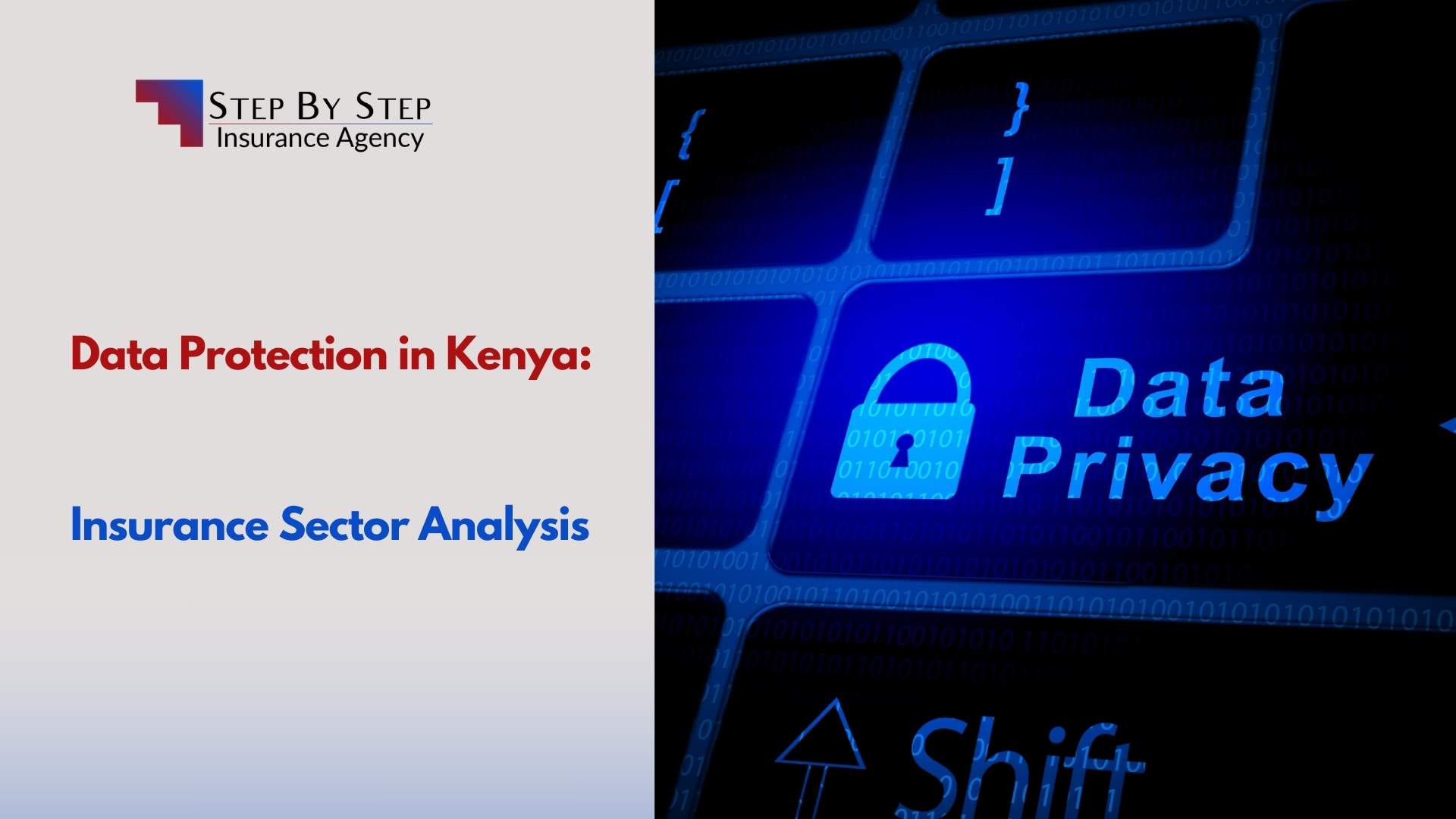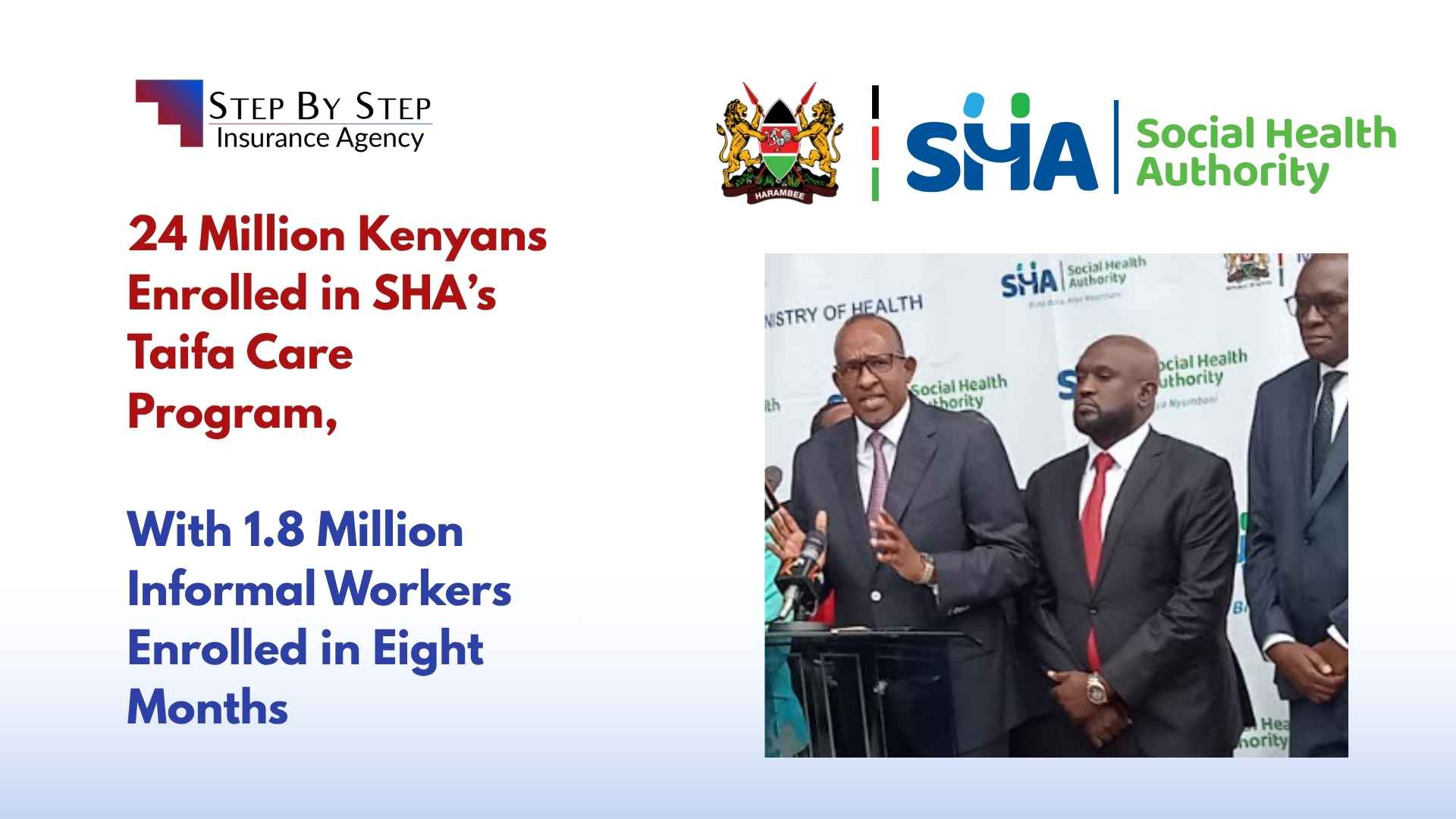Data Protection in Kenya: Insurance Sector Analysis
Kenya has emerged as a regional leader in data protection, particularly within the insurance sector, thanks to its robust legal framework and active regulatory oversight. The enactment of the Data Protection Act (DPA) in 2019 marked a significant milestone, positioning Kenya ahead of many East African countries in safeguarding personal data processed by private sector entities, including insurance companies. However, despite these advancements, state agencies remain a notable weak link in fully securing citizens’ data, exposing gaps that require urgent attention.
Key Takeaways
- Kenya’s Data Protection Act 2019 establishes a comprehensive framework for safeguarding personal data
- The insurance sector has demonstrated strong compliance with data protection regulations
- State agencies lag behind the private sector in implementing data protection measures
- Public-private gap in data protection compliance poses risks to citizens’ privacy
- Capacity building and infrastructure investment are needed to strengthen public sector compliance
Table of Contents
Kenya’s Data Protection Legal Framework and Insurance Sector Compliance
The Kenyan Data Protection Act, which came into effect on November 25, 2019, governs the processing of personal data-defined as information relating to an identified or identifiable individual. The Act established the Office of the Data Protection Commissioner (ODPC) to oversee enforcement and compliance. This office is empowered to conduct inspections, audits, and coordinate data protection impact assessments across sectors.
In the insurance industry, personal data is critical to underwriting and risk assessment. The DPA restricts data processing to lawful bases, such as obtaining explicit consent or legal authorization, and mandates that only necessary data be collected and processed. Insurance companies, brokers, and intermediaries are classified as data controllers or processors and must ensure compliance with the Act’s provisions, including safeguarding data against misuse or unauthorized access.
The Insurance Regulatory Authority (IRA) supplements the DPA with sector-specific guidelines, such as the Market Conduct Guidelines for Insurers and Intermediaries, which emphasize data privacy and protection. These regulations require insurance firms to implement robust data governance frameworks, ensure transparency with data subjects, and restrict cross-border data transfers unless adequate safeguards are in place. If you’re interested in how this affects health insurance, check out our guide on how to register for SHA in Kenya.
Private Sector Compliance: A Success Story
Kenya’s private sector, especially insurance companies, has made significant strides in aligning with data protection requirements. Many firms have registered with the ODPC, adopted data protection policies, and invested in staff training and technological safeguards. The ODPC’s Compliance Directorate actively monitors these entities through audits and impact assessments, fostering a culture of accountability.
This compliance has been driven not only by legal obligations but also by the recognition that data privacy is essential for maintaining customer trust in an increasingly digital insurance market. The sector’s proactive approach contrasts with many regional peers, placing Kenya at the forefront of data protection in East Africa. For those looking to invest securely, our article on top money market funds in Kenya for 2025 provides valuable insights.
Leading Insurance Companies and Data Protection
Many of Kenya’s top 10 insurance companies have implemented comprehensive data protection measures, setting industry standards for handling sensitive customer information. These practices not only ensure regulatory compliance but also build trust with policyholders concerned about their personal data security.
| Useful Resources | Description |
|---|---|
| SHA Registration Guide | Complete guide to registering for Social Health Authority in Kenya |
| SHA Packages Guide | Detailed breakdown of available SHA packages and benefits |
| Afya Yangu Registration | Step-by-step guide for Afya Yangu platform registration |
| Money Market Funds Calculator | Tool to calculate potential returns on money market investments |
| Insurance Products | Overview of available insurance products in Kenya |
| SHA FAQs | Answers to common questions about Social Health Authority |
The Weak Link: State Agencies and Public Sector Challenges
Despite private sector progress, state agencies remain a critical vulnerability in Kenya’s data protection landscape. Many government departments and public institutions are yet to fully implement the DPA’s requirements. Challenges include inadequate infrastructure, limited capacity, and insufficient awareness of data protection obligations among public officers.
The government’s digitization initiatives, such as the Integrated Population Registration Services (IPRS) and biometric databases managed by agencies like the Independent Electoral and Boundaries Commission (IEBC), have centralized vast amounts of personal data. However, concerns persist about the security and privacy of this data, given the weak enforcement of data protection standards in the public sector.
Reports and studies have highlighted instances of data breaches, unauthorized data sharing, and lack of transparency in how citizens’ data is used by state agencies. This situation undermines public confidence and exposes individuals to risks such as identity theft, discrimination, and privacy violations. Recent news has even highlighted conflicts between TSC and SHA over teachers’ health coverage, further complicating the data protection landscape.
Bridging the Gap: Recommendations and the Way Forward
To address these challenges, experts advocate for:
Strategic Approaches to Enhance Data Protection
- Capacity Building: Training government officials on data protection principles and best practices to enhance compliance.
- Infrastructure Investment: Upgrading IT systems in public agencies to ensure secure data storage and processing.
- Public Awareness: Educating citizens on their data privacy rights and mechanisms to report violations.
- Stronger Enforcement: Empowering the ODPC to conduct more rigorous audits and impose sanctions on non-compliant state entities.
- Policy Integration: Embedding data protection requirements into all government digitalization projects from inception.
The establishment of a National Data Literacy Training and Capacity Building Framework (NADACA) has been proposed to systematically enhance data governance skills across sectors, including public institutions. For individuals concerned about healthcare data protection, our FAQ on Social Health Authority addresses many common concerns.
Conclusion
Kenya’s leadership in data protection within the insurance industry reflects a mature regulatory environment and a commitment by private entities to uphold privacy rights. However, the full promise of data protection for Kenyan citizens can only be realized if state agencies also strengthen their compliance and safeguard personal data effectively. Closing this gap is essential for protecting citizens’ privacy, enhancing trust in public institutions, and supporting Kenya’s broader digital economy ambitions.
Summary
- Kenya’s Data Protection Act 2019 and the ODPC provide a strong regulatory framework, especially impacting the insurance sector.
- Private sector data processors, including insurance companies, largely comply with data protection laws, ensuring customer data privacy.
- State agencies lag behind in data protection compliance, posing risks to citizens’ personal information.
- Government digitization projects centralize large data sets but face challenges in securing data adequately.
- Capacity building, infrastructure upgrades, public education, and stronger enforcement are critical to improving public sector data protection.
- Kenya leads East Africa in data protection, but bridging public-private gaps is vital for comprehensive citizen data security.
For more information on financial services in Kenya, check out our guide to the best money market funds or use our money market funds calculator to plan your investments.





